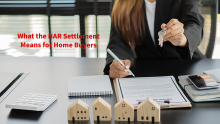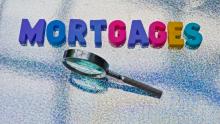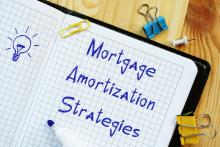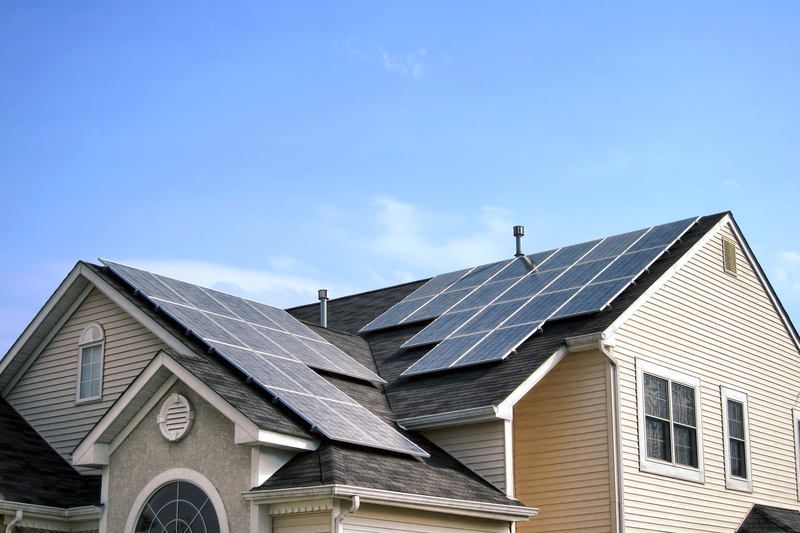
As a real estate expert with years of experience, I've seen the solar panel boom firsthand. Homeowners, eager to embrace clean energy and reduce their utility bills, have been installing solar panels at a record pace. However, as the market has matured, a new wrinkle has emerged – homes with solar panels under leases or loans hitting the market. For potential buyers, navigating these waters can be tricky, and failing to do your due diligence could leave you with a significant financial headache. In this blog post, I want to highlight the key concerns every home buyer should be aware of when considering a property with leased or loaned solar panels.
The Allure and the Catch - Should I buy a house with leased solar panels
Walking into an open house and seeing a gleaming array of solar panels on the roof can be exciting. The promise of low or even no electricity bills is undeniably appealing. However, before you start mentally moving in your furniture, it's crucial to understand exactly what you're getting into.
When solar panels are leased or under a loan, they come with a long-term financial obligation that you, as the buyer, may be expected to take on. This can be a nasty surprise if you're not prepared for it.
Leases: The Gift That Keeps on Taking
Solar leases, in particular, can be problematic for buyers. These agreements often last for 20 years or more and come with escalating monthly payments. While the seller may have been enjoying lower electricity bills, they may not be as forthcoming about the long-term costs associated with the lease.
As a buyer, you need to carefully review the lease agreement. Look for any provisions about transferring the lease to a new homeowner, as well as any potential penalties for early termination. You should also consider the age of the panels and whether they'll still be efficient for the duration of the lease.
Loans: A Mortgage on Top of Your Mortgage -
Solar loans, while typically less complex than leases, still come with their own set of considerations. If the seller has taken out a loan to purchase the panels, they may try to pass that debt onto you as part of the sale.
This essentially means you're taking on a second mortgage on top of your primary home loan. You'll want to factor this additional debt into your budget and consider how it may impact your ability to secure financing for the home itself.
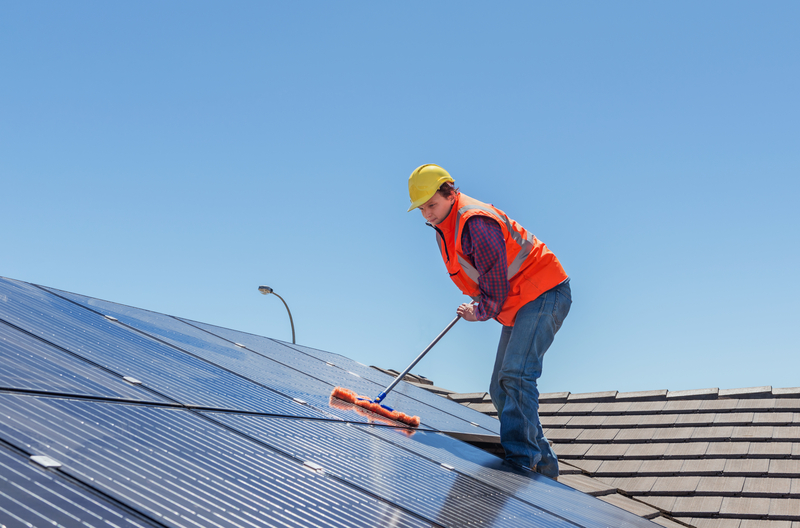
The Maintenance Wild Card
Another factor to consider is the ongoing maintenance and repair of the solar panels. While they are generally durable, panels can be damaged by hail, debris, or even squirrels. Inverters, the devices that convert the DC power generated by the panels into AC power used by your home, typically need to be replaced every 10-15 years.
As a buyer, you'll want to understand who is responsible for these costs under the terms of the lease or loan. In some cases, you may be on the hook for expensive repairs or replacements, eating into any potential savings on your energy bills.
Navigating the Purchase Process
If you've fallen in love with a home that happens to have leased or loaned solar panels, all is not lost. However, you'll need to be proactive in addressing these issues head-on.
Start by requesting all relevant documentation from the seller, including the lease or loan agreement and any maintenance records. Have these documents reviewed by a legal professional to ensure you fully understand your obligations.
Next, factor the additional costs into your budget. If you're taking on a lease payment or loan, make sure you can comfortably afford this on top of your mortgage and other expenses.
Finally, don't be afraid to negotiate. If the solar panels are a dealbreaker for you, the seller may be willing to buy out the remainder of the lease or pay off the loan as part of the sale. They may also be open to reducing the purchase price to account for the additional financial burden.
The Bottom Line
Buying a home with leased or loaned solar panels can be a complex proposition. While the idea of reducing your carbon footprint and lowering your energy bills is appealing, it's crucial to understand the long-term financial implications.
From Solar Reviews, Buying a house with solar panels: what you need to know
Here are some insights from Reddit users: Buying a house with solar panels.
By doing your due diligence, carefully reviewing all agreements, and factoring the additional costs into your budget, you can make an informed decision. With the right approach, you may be able to secure both a wonderful new home and the benefits of solar energy – just be sure to enter the process with your eyes wide open.



